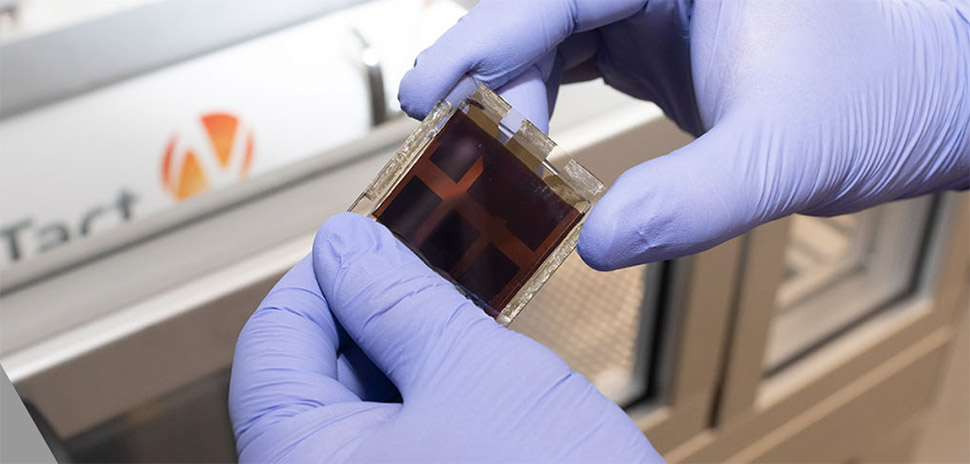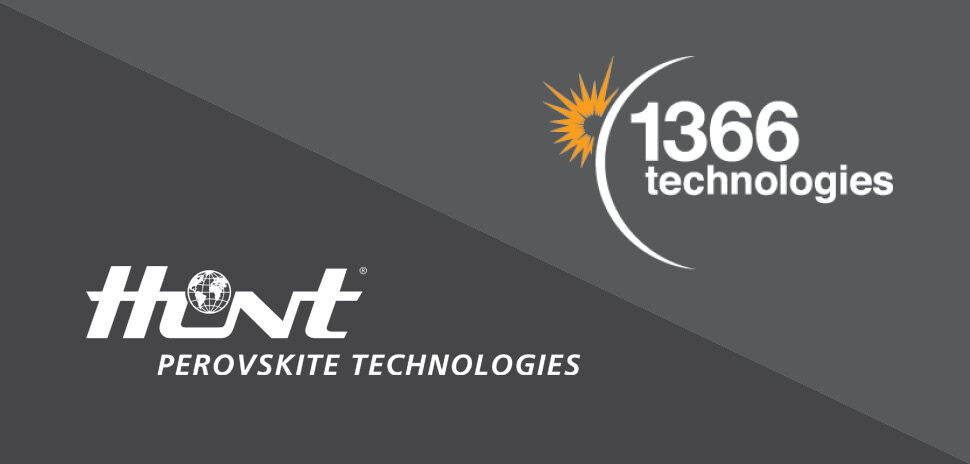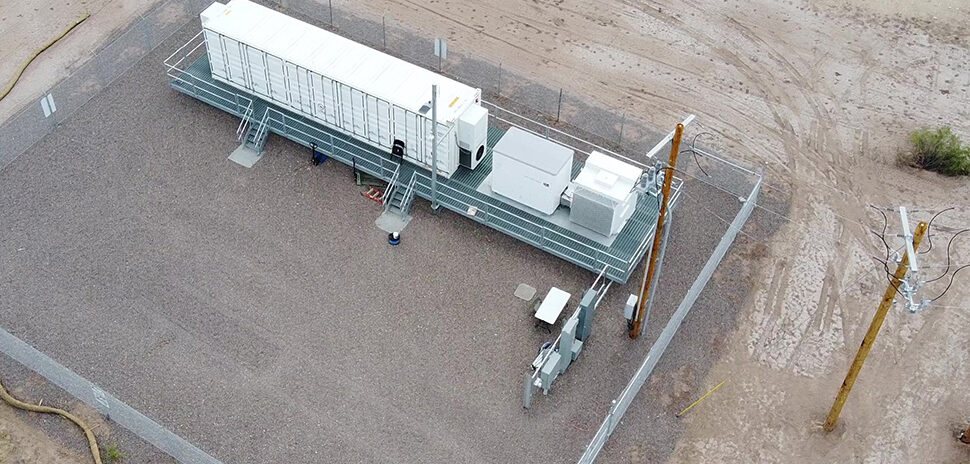Dallas-based Hunt Perovskite Technologies, part of the privately owned group of companies managed by the Ray L. Hunt family, has been chosen to receive $2.5 million in funding from the United States Department of Energy.
The award comes from the DOE’s perovskite initiative, specifically titled the Solar Energy Technologies Office Fiscal Year 2020 Perovskite Funding Program. Out of the Department of Energy’s Office of Energy Efficiency & Renewable Energy, the program supports the research and development of perovskite photovoltaic (PV) devices. The intent is to eventually lead to manufacturing and performance validation.
But according to the DOE, there’s some major challenges when it comes to perovskite technologies being commercially successful.
Science Daily describes halide perovskites as soft and flexible materials that could make solar cells more efficient at significantly less cost. “Perovskites have the potential to be even more efficient than silicon because less energy is wasted when converting solar energy to electricity,” researchers note. The problem is that they’re too unstable to use.
Last year, the DOE announced the new program dedicated to funding projects that could increase access to reliable electricity by improving the country’s understanding of perovskite stability. Eventually, the department hopes to enable the domestic production of high-efficiency perovskite devices.
Hunt Perovskite Technologies (HPT) is one of the 22 selected to receive a total of $40 million.
The local company, which was created and incubated within Hunt Energy Enterprises, Hunt’s energy technology venture business unit, specializes in the development of highly stable and efficient metal halide perovskite materials. HPT’s goal is to use those materials in single-junction PV solar panels for the utility-scale market.
For the $2.5 million DOE project—titled Slot-Die Fabrication of Lead-Safe, Robust, and Stable Metal Halide Perovskite Modules—HPT will work to demonstrate perovskite PV’s manufacturability, scaling, durability, and chemical safety. The team will develop highly efficient, durable, and lead-safe perovskite solar PV modules using HPT’s slot-die coating manufacturing process.
HPT, acting as principle investigator, will collaborate with the U.S. Army Engineer Research and Development Center, Construction Engineering Research Laboratory, and University of North Carolina at Chapel Hill (UNC).
This isn’t HPT’s only award, though.
HPT will also serve as co-principle investigator and partner in two other DOE perovskite projects: a $1.5 million award to SLAC National Accelerator Laboratory and a $1.25 million award to UNC.
“To be selected for one award is indeed an honor, but to be part of three separate awards is outstanding,” Michael D. Irwin, chief technology officer for HPT, said in a statement. “These awards further validate the quality of our research in making durable and efficient perovskite technology a commercial reality, and we are grateful to the DOE for their faith in our work.”
With SLAC, HPT and the DOE’s National Renewable Energy Laboratory will use advanced characterization tools to study perovskite, with the goal to enhance the efficiency and intrinsic stability of PV materials and devices.
With UNC, HPT and the DOE’s National Renewable Energy Laboratory will study and develop efficient, stable formamidinium-cesium perovskite solar PV materials and devices.
“Being selected for three awards clearly shows the great potential of HPT,” Professor Jinsong Huang, a Louis D. Rubin Jr. Distinguished Professor at UNC, said in a statement. “The joint awards with HPT will help us to work together to solve the upscaling and stability issues of perovskite solar cells and transfer the university innovations into industrial products.”































